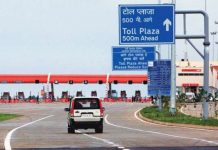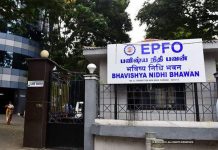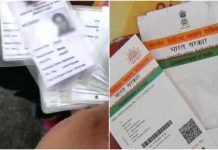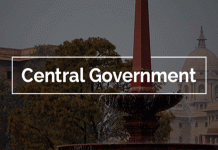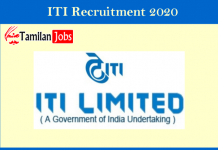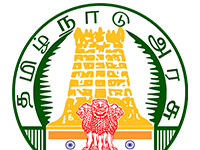
The recently-released minutes of the Monetary Policy Committee’s (MPC) meeting held earlier this month has, once again, put the spotlight on India’s inflation concerns. “The first bi-monthly resolution of 2018-19 in April projected CPI inflation in the range of 4.7-5.1 per cent in H1:2018-19 and 4.4 per cent in H2, including the HRA impact for central government employees with risks tilted to the upside,” said the RBI release. Courtesy factors like an abrupt acceleration in CPI inflation excluding food and fuel in April and high crude oil prices, the MPC revised its inflation forecast to 4.8-4.9 per cent for the first half of FY19 and 4.7 per cent for the second half, including HRA impact.
RBI Governor Urjit Patel voted for interest rate hike citing inflation risks and related uncertainties while his deputy Viral Acharya felt there was no alternative to it by 25 basis points, as per the minutes of the meeting. After over four years, the apex bank had raised the short-term lending rate (repo) to 6.25 per cent on June 6 after the MPC headed by Patel unanimously voted for the hike during the meeting, which, for the first time, lasted for three days instead of the usual two.
“Inflation risks have increased since the April policy. I, therefore, vote for an increase in the policy repo rate by 25 basis points. In view of prevailing uncertainties, it is apposite to maintain the neutral stance so as to respond to the evolving situation in a flexible manner,” said Patel in his statement, adding that the baseline inflation path faces several uncertainties, like oil prices, continuing volatility in global financial markets; and the impact of the likely revision in the MSP formula.
However, the RBI chief noted that a normal monsoon could act as a mitigating factor by keeping food inflation benign. Also, on the positive side, food inflation has continued to be benign.
“The recent increase in oil prices, by impacting disposable incomes, may have some adverse impact on private consumption. On the whole, however, economic activity continues to be resilient with GDP growth for 2018-19 projected at 7.4 per cent, same as in the April policy,” said Patel, adding that, “In view of prevailing uncertainties, it is apposite to maintain the neutral stance so as to respond to the evolving situation in a flexible manner.”
Acharya, in his statement, said there has been a rise in input costs due to supply shocks such as the sharp oil price surge witnessed over the past nine months. He added that the projection for medium-term headline CPI inflation has become firmer on the upside and it has moved closer to 5 per cent and away from 4 per cent, which is the mandated target of the MPC. While he maintained that there was “no alternative to raising the policy rate by 25 bps so as to signal concern about underlying inflation, manage inflation expectations, and guard proactively against a further increase in inflation”, he also pointed out that several key factors are yet to reveal their hand. Hence, the “considerable uncertainties around oil and food prices as well as the playing out of trade wars and global financial market outcomes led me to keep the stance neutral”, he added.
According to Mint, there has been at least one dissenting vote in the six meetings of the MPC preceding the latest one. And, as the minutes show, in this month’s meeting, even the most dovish member Ravindra Dholakia ended up sharing Michael Patra’s views on inflation concerns. To remind you, Patra was the only member who had voted for a rate hike in the MPC’s February meeting.
“In my view, the prolonged period of staying on hold is denting the credibility of the MPC’s commitment to maintaining inflation at the centre of the target band. There is a rising risk that the public may start discounting this commitment: if it begins to believe that the MPC is willing to tolerate inflation in higher reaches, inflation expectations can be set adrift,” Patra said in his statement. Cautioning that the “gains of macroeconomic stability that have defined the recent period as its greatest achievement could get frittered away” with policy inaction, Patra added that “the time has come for the MPC to act unanimously to raise the policy rate”.
That’s exactly what happened, with Pami Dua and Chetan Ghate, the remaining MPC members also voting for hike. But as Dholakia suggested, future course of action will now depend on how the scenario on growth and inflation develops.
With PTI inputs

